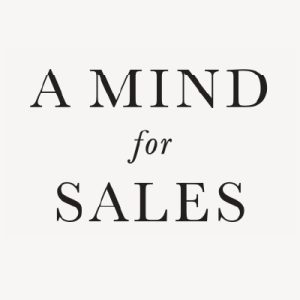 We all know the sales principle that says customers buy the salesperson first and the product second.
We all know the sales principle that says customers buy the salesperson first and the product second.
I agree with it in principle, but I have some huge differences in the principle when it’s put into practice.
I was recently exposed to a salesperson who was without a doubt successful. He knew he was successful and he wasn’t shy about telling everyone around him how successful he was.
The problem was he thought he was so successful because of his selling skills and the way he could quickly size up a customer and close the deal.
Problem with this salesperson is he thought the reason for his success was his expertise.
I’ll argue his “expertise” was holding him back from selling more. This person had a product that was in very high demand due to changes in the marketplace and the competition. He failed to see how his level of success was going to be taking a huge hit as soon as demand slowed or new competitors jumped into his space.
The lesson in all of this is be careful, monitor how and what you’re doing and don’t take anything for granted.
Ask customers why they buy from you. Follow-up with customers after the sale.
I’m amazed at the number of salespeople who really can’t answer why customers buy from them. I’ll argue yes, customers do buy the salesperson first, but if the product is good enough, they’ll put up with less-than-stellar sales performance. All the while, the salesperson is thinking they’re doing everything perfect.
Ask yourself if the sales process you’re using would work just as well and achieve the same level of result if you were selling something else.
I’ve found by asking that question, we can begin to separate fact from fiction — or salesperson from product — and begin to understand the “why” behind why customers buy.
Copyright 2012, Mark Hunter “The Sales Hunter.” Sales Motivation Blog.




interesting article. I always ask myself that question. I am not sure if you were annoyed at the sales person for not being humble and that is why you are putting his success to question or you have been observing his skills closely and have made the above conclusion.
I can think of many times where the product fits but yet sales reps manage to loose momentum and allow for doubt to settle in without dealing with concerns properly.
My question to you, how can you scientifically measure your claim?